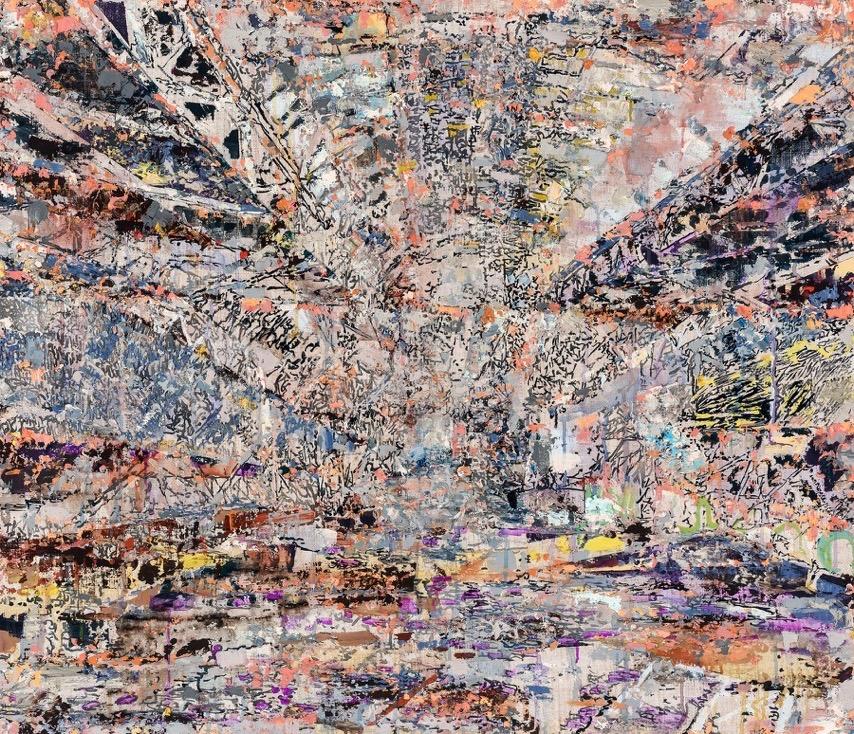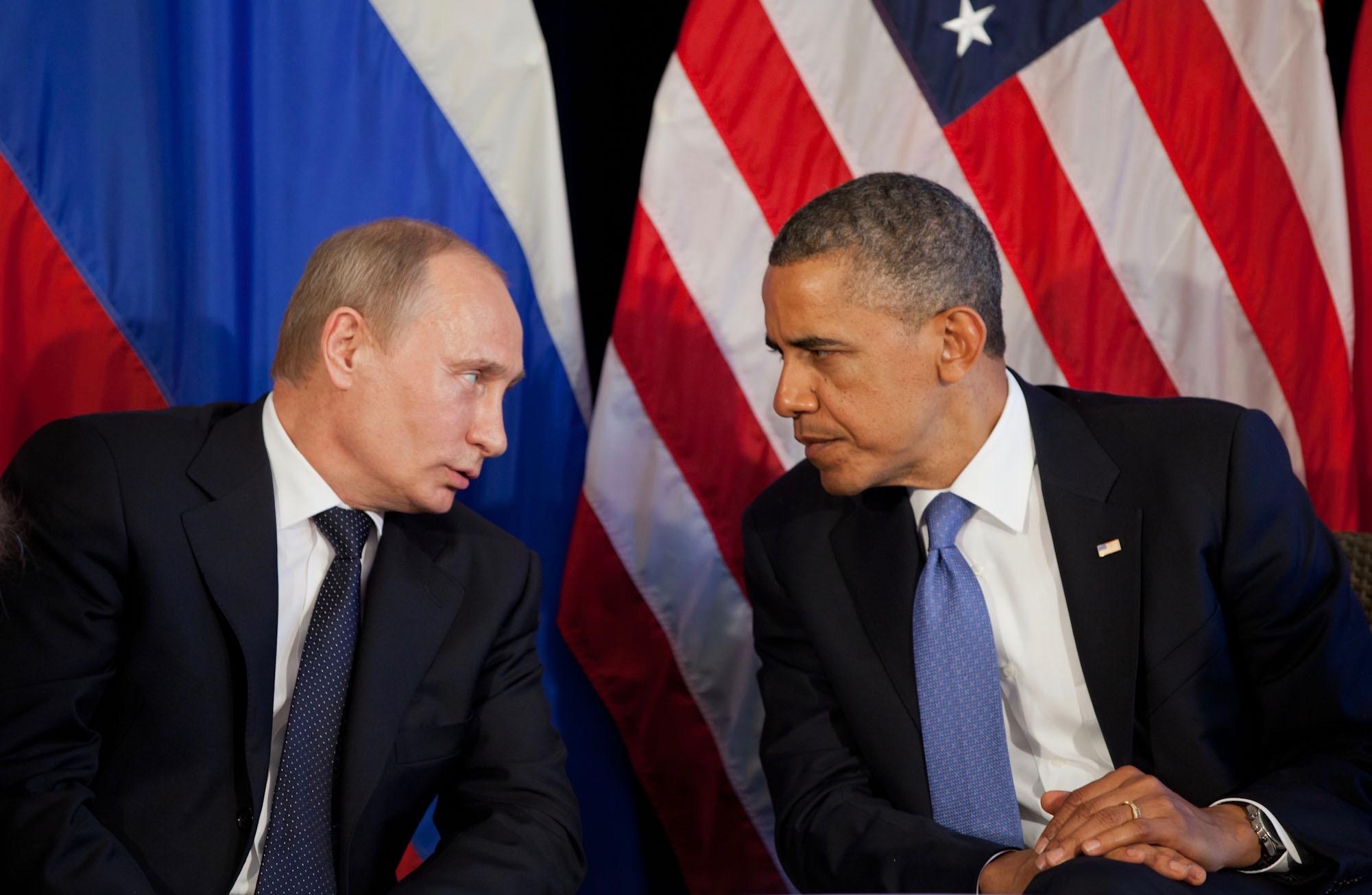Governing Globalization: The Democracies at Risk
archive

Governing Globalization: The Democracies at Risk
The Challenge of Global Governance
How should globalization be conceived and understood? Beneath this contested concept, much like a circus tent, manifold acts unfold—global warming, economic cycles, nuclear proliferation, terrorism, human rights, and so on. Distinct audiences and participants are grouped under these rubrics.
How are these “acts” connected, if at all? One way to conceptualize this interplay is to focus more on the tent, less on the show’s parts. What we are witnessing, both as actors and observers, is the rise of a global society for the first time in the evolution of the species. This society, dynamic and ever changing, did not occur overnight, but has been evolving over several centuries. We can disagree on the starting point; what we should be able to agree on is that the diverse and divided populations of the globe are connected and increasingly interdependent in a rapidly accumulating density across all areas of important human concern. We are in the midst of interlinked processes involving billions of people pursuing their interdependent ends in ceaseless efforts to achieve sometimes converging, sometimes conflicting interests and values.
This profound transformation of the human condition raises the issue of global governance. How can these interdependent exchanges be governed? How are they to be regulated under the specter of continuous, irremediable conflict? Ruled out is the likelihood of a unified, coherent, universally acknowledged global government anytime soon, if ever. There is no way that the widely dispersed sub-societies comprising global society have either compatible interests or, much less, converging values to underwrite any singular institution of governance. For global society (or any human society) to thrive and replicate itself, three competing imperatives of governance have to be addressed: Order, Welfare, and Legitimacy (OWL). Devising solutions to keep them in balance is inevitably problematic.
The challenge of Order is the Hobbesian problem of where to locate ultimate power to resolve disputes over preferences when all other non-violent solutions have been exhausted. Karl Marx and Adam Smith gave classical voice to the matter of Welfare. As Marx’s collaborator Frederick Engels explained, “Mankind must first eat, drink, have shelter and clothing before it can pursue politics, science, art, religion. . . .”1 A century earlier Smith stated the case for the Welfare imperative as a distinct governing principle in defining humans as naturally inclined to truck and barter to improve their material lot. But of these imperatives Legitimacy is the most intractable challenge. The religious and moral values of a human community are not negotiable. Mark Juergensmeyer’s corpus of work illuminates why conflicts between and among religions and their mutual assault on the secular state are so often interminable, how the world’s rich human tapestry becomes a social fabric frayed and torn over the question of who has the legitimate right to rule.2

The Democratic Project for Global Governance
Over the past several centuries, the democratic states of the Wesphalian-Hobbesian-Weberian (WHW) type have advanced solutions to OWL imperatives that have over time evolved into a democratic project for global governance under the aegis of a collection of Global States. These states are capable of performing the security functions of the realist WHW state, but they can do a lot more. As Smith envisioned and as Eric Jones explains,3 they can promote global markets, science and technology, and the free flow of ideas, peoples, and resources across state boundaries thereby contributing significantly to the power of democracies to defeat adversaries. Global States are also dedicated to protecting and promoting civil liberties and human rights as a check on their awesome power.
This vision of global states has been twinned to the principles and structures of modern capitalism. Whatever the flaws of the market system, and they are many, it represents a global solution to the Welfare imperative inasmuch as it potentially liberates creative, entrepreneurial capacities of all humans. In theory the market system facilitates unfettered exchange among economic actors. It affords them the freedom to decide how scarce resources should be effectively and efficiently employed to maximize the production of wealth and welfare, spur technological innovation, and continually increase and improve the availability of goods and services for the largest number of people. The market system is in many cases the solution of the democratic peoples to the governance imperative of Welfare.
For global society (or any human society) to thrive and replicate itself, three competing imperatives of governance have to be addressed: Order, Welfare, and Legitimacy... Devising solutions to keep them in balance is inevitably problematic.
In adopting the Rousseaunian conjecture that all humans are morally free and therefore equal, the democracies assert these principles as the cornerstone for a universal system of legitimate rule. Democratic peoples invest their representatives with the authority to govern in their name under the rule of law, applicable to ruled and rulers alike. While majority rule serves as the principal mechanism to determine Legitimacy, the democracies also insist on the protection of minority rights. Yet even casual observation reveals that prevailing democratic solutions to OWL imperatives are inherently and often profoundly at odds with each other. It is the balance that is struck between them, a ceaseless work in progress that establishes the democratic project as a solution to global governance superior to its competitors.
Reforming the Democratic Project
The democratic project confronts two powerful adversaries, of which Walt Kelly’s Pogo identifies the first: “We have met the enemy and he is us.” The flaws of democratic OWL solutions are abundantly clear. In regard to Order, the democratic global states have failed to collectively confront global warming, nuclear proliferation, and many forms of lawlessness across their borders, including the spread of terrorist organizations. As for Welfare, the expected inequality of wealth distribution generated by the market system has led to vast national and global inequality, however much the globalization of markets has raised millions (witness China) out of bare subsistence. Thomas Piketty has conclusively exposed the growing concentration of wealth today among a small economic elite.4 Left unregulated the market system is also incapable of providing for full employment or ending chronic poverty for billions of people unable, for whatever reason, to compete in global markets.

Source: Official White House Photo by Pete Souza
Similarly, there is a growing retraction of the global civil society created by democracies in the aftermath of World War II.5 The free flows of ideas, peoples, and resources across borders are being constrained by movements increasingly embracing hyper-nationalism, protectionism, and xenophobia. Internally, many democracies are failing to meet a democratic Legitimacy test. Some are retreating into authoritarianism—Russia, Poland, Hungary, Venezuela, among others.
Some restrict voting to hamper the expression of citizen rights. In some cases, super rich elites manipulate public policy and elections to ensure their privileged power and material interests.
The second threat to the democratic project arises from abroad. The democracies confront formidable adversaries on many fronts: authoritarian states (China, Russia, and a clutch of smaller powers), extremist religious regimes, nihilistic social movements, self-styled terrorists, and vast transnational criminal networks. Each has its own vision of global rule—or non-rule and anarchy. Each resists, often violently, the global spread of the democratic project.
Absent fundamental internal reform of the democracies and the pooling of their immense but scattered human and material resources, the democratic project is at risk. What is urgently needed is to move from a loose and disjointed coalition of democratic states to a consortium of open societies. The consortium would initially be a forum to develop common responses to the challenges facing both the democracies and the diverse and divided populations of the globe. It would provide coordinated leadership of those global institutions, which owe their creation to their initiative — the U.N., IMF, World Bank, and WTO. More importantly, the consortium would not only advance the democratic model for global governance, open to all peoples, but also check and defeat its formidable adversaries. Either the democracies hang together or they will hang separately.
This article is drawn from the author's recently published volume, Governing Globalization: Challenges to Democracy and Global Society. Rowman & Littlefield, 2016.
1 Quoted in John E. Elliott, Marx and Engels on Economics, Politics, and Society.
4 Thomas Piketty, Capital in the Twenty-First Century. Cambridge, MA: Belknap Press



